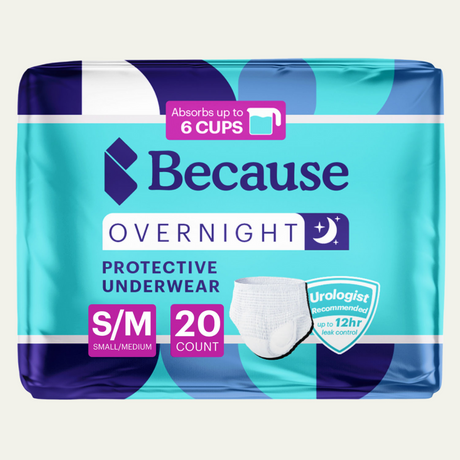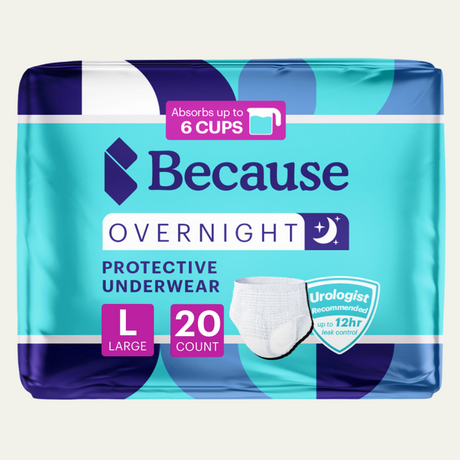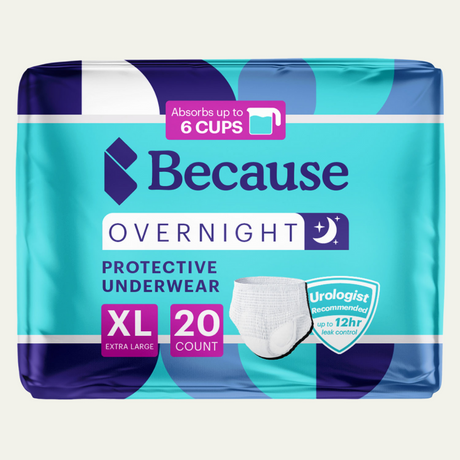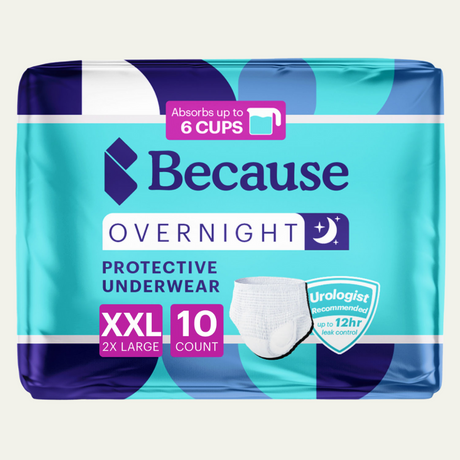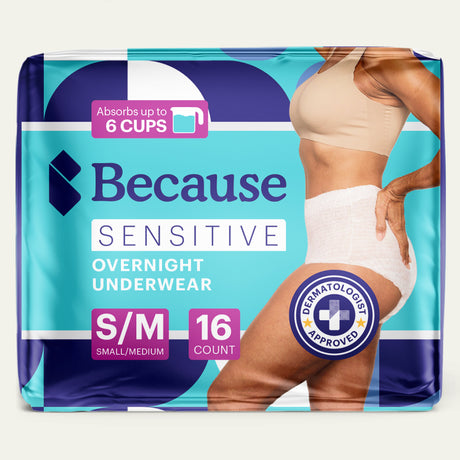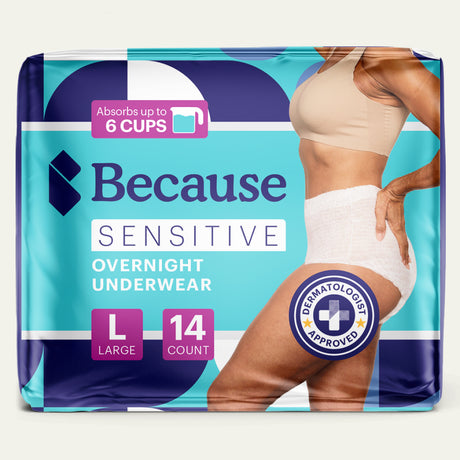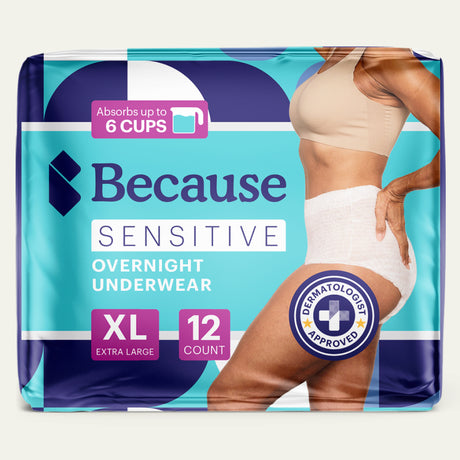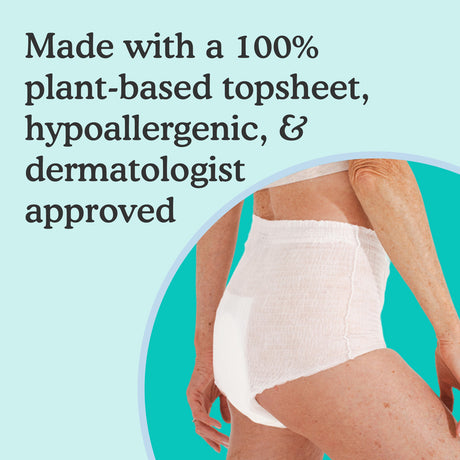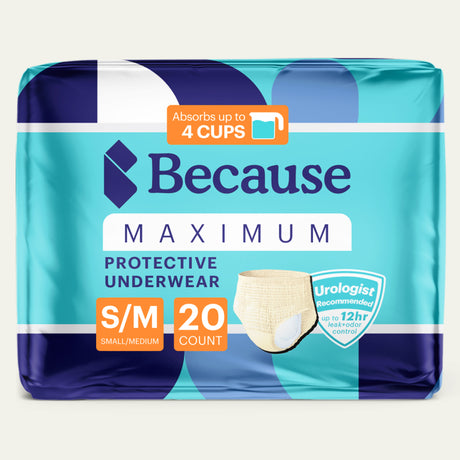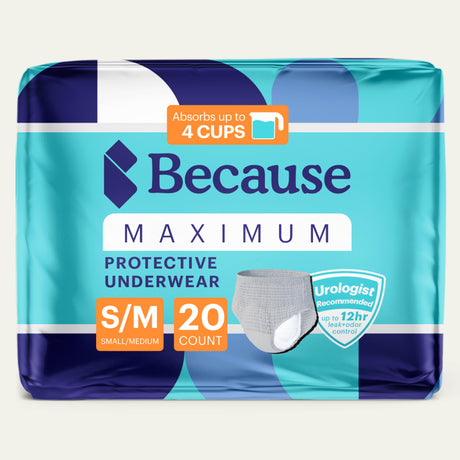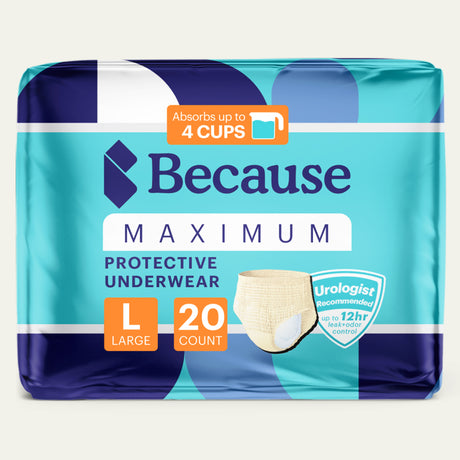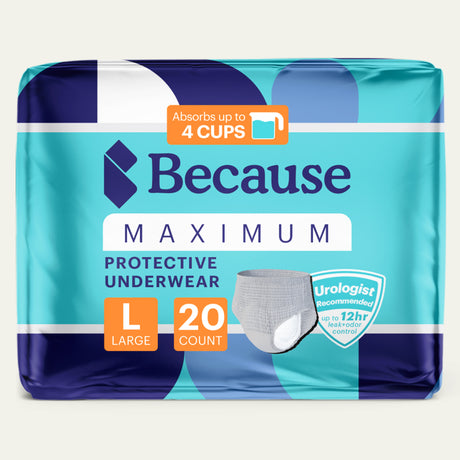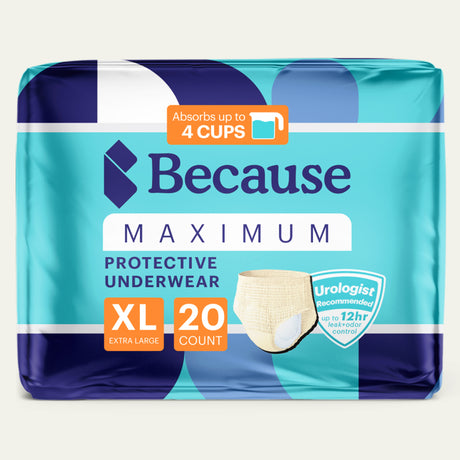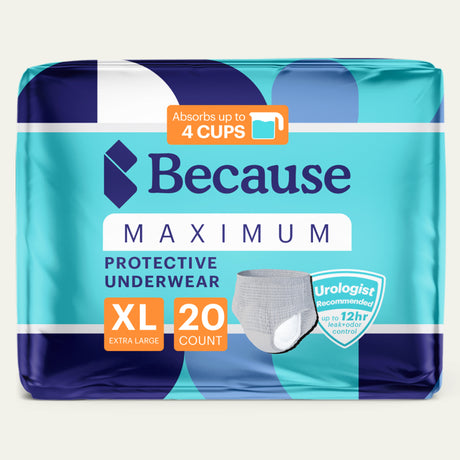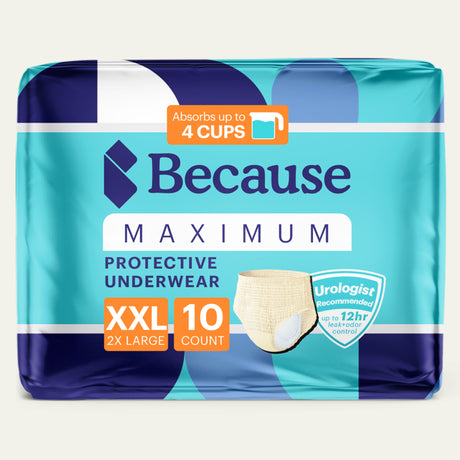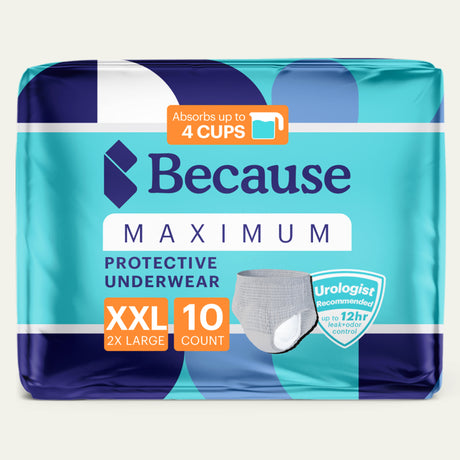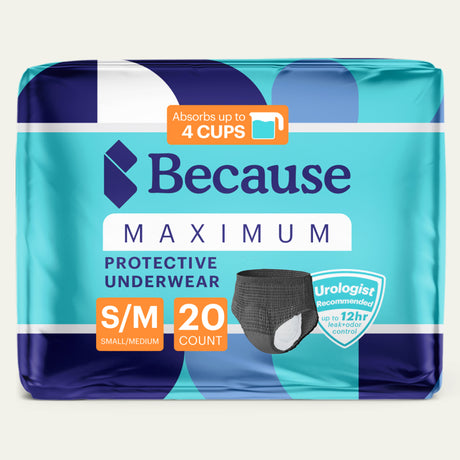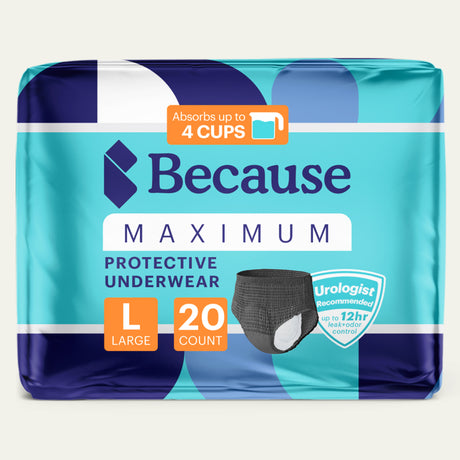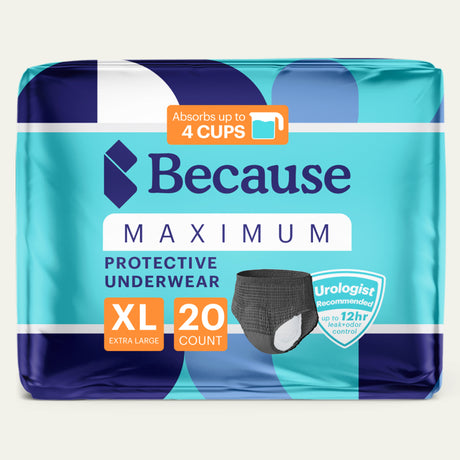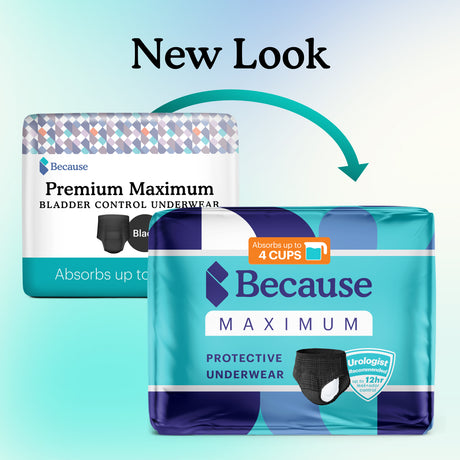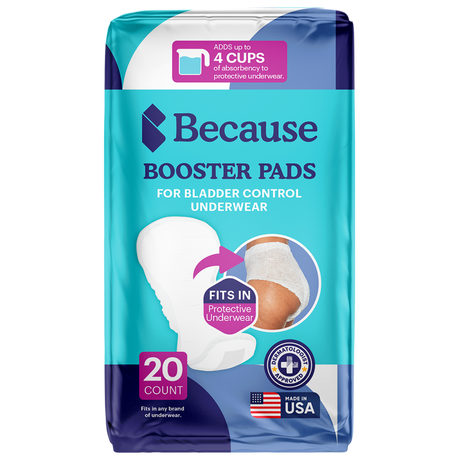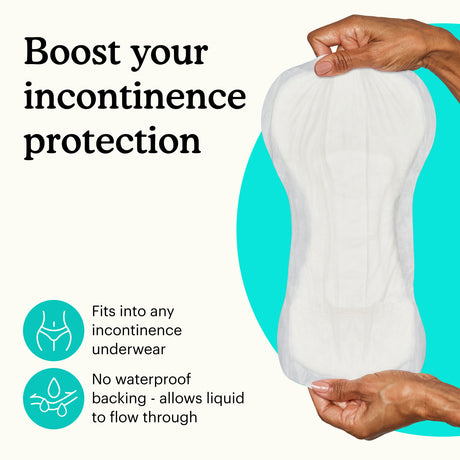Whether you are driving long distances for work, running between meetings, or standing on your feet all day, managing incontinence on the job can be exhausting. Luckily, there are many strategies that individuals who manage incontinence at work can practice to help ease discomfort and prevent uncomfortable situations. In this article, we'll explore some practical tips for taking control and managing incontinence in the workplace.
Practical Strategies for Managing Incontinence at Work

Practice Timed Voiding
Timed voiding, often referred to as bladder training, is the practice of creating a regular schedule for using the bathroom to help proactively manage incontinence symptoms. By gradually extending the time between intervals, you may be able to retrain your bladder to hold larger amounts of urine for longer stretches of uninterrupted work. Bladder control exercises may also help establish greater control.

Wear Dark Clothing
Choosing to wear darker clothing is an easy and effective way to minimize the appearance of leaks, if they do occur. Dark colors are able to effectively camouflage leaks and can provide a discreet shield against potentially embarrassing situations.

Upgrade your Incontinence Products
Selecting the right absorbency incontinence pads or incontinence underwear is a crucial step to effectively managing incontinence at work. For lighter episodes, moderate or maximum pads may offer enough protection with minimal intrusion into your daily routine. For heavier leaks, overnight underwear may be a more effective option to give you the confidence to go about your day without worrying.
Discreet Disposal Tools
Disposing of incontinence products in shared or public restrooms can be difficult to do discreetly. Try using opaque disposal bags with tie handles that allow you to discreetly throw away used pads or underwear. Odor removal sprays can also be stored in your purse or carry bag to ensure any unwanted odors stay hidden.

Avoid Bladder Irritants
When it comes to managing incontinence, steer clear of food and drinks that irritate the bladder and can lead to increased urgency. Avoid common culprits like coffee, tea, carbonated drinks, and highly acidic foods that overstimulate the bladder.
Personal Emergency Kits
Preparing a personal emergency kit in the case of an unwanted leak can provide peace of mind. These kits can include a spare change of clothing, incontinence pads and underwear, wipes, and other necessary hygiene products. Keep this in your car or desk at all times so you always have a backup option in the event of an emergency.

Consider Discussing with your Supervisor
Incontinence is a medical condition that may require specific accommodations. While it may be uncomfortable to discuss the details with your manager, HR and managers can play a pivotal role in ensuring that you have frequent access to a restroom, and timed breaks to be able to manage and control incontinence during working hours. Framing incontinence as a medical condition, like any other medical need, may allow you to feel more comfortable discussing these necessities with your supervisor.
Legal Considerations and Employee Rights
It’s essential for both employers and employees to know their rights and responsibilities to foster a workplace environment that is respectful, inclusive, and supportive of individuals who are managing medical conditions like incontinence. Laws and regulations may vary, but many states have provisions that require employers to identify suitable accommodations that allow them to perform their job without discrimination. This might involve access to restrooms, breaks for scheduled bathroom visits, or modifications to workstations. Work with your HR team or supervisor to ensure your needs are being met.
While incontinence can be exhausting and stressful to manage on the job, putting some of these management strategies to use can help you take control of your days.
Do you or a loved one experience symptoms of urinary incontinence? Take our bladder protection quiz and get a starter pack to try.
If you're struggling with incontinence, join one of our private support groups today!


